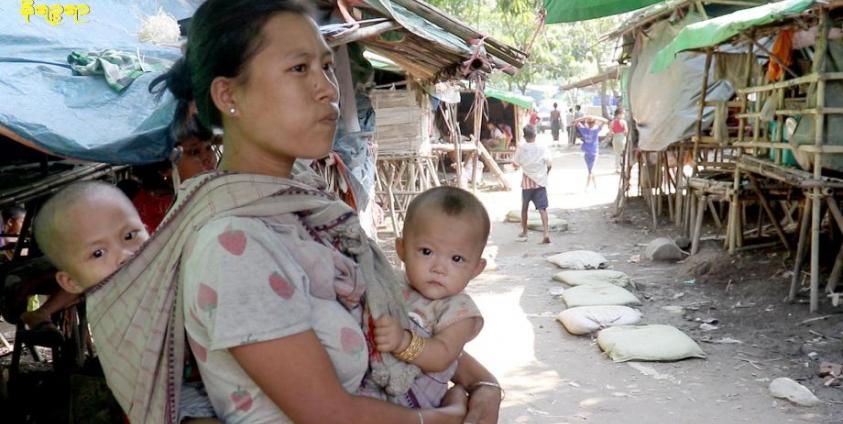Even though an informal ceasefire agreement between the Myanmar government armed forces and the Arakan Army exists in Rakhine and southern areas of Chin State, the situation remains very fragile, said OCHA in its weekly regional humanitarian snapshot (3-9 January 2023).
However, Transportation of goods and civilian movement have been restored along the main roads and rivers, although the road between Rathedaung and Ponnagyun townships is still closed, and checkpoints from both sides remain in place, said the OCHA (United Nations’ Office for the Coordination of Humanitarian Affairs).
The delivery of various items of food, health & nutrition, education, protection, etc along with the humanitarian assistance to the displaced and affected families has gradually resumed in Rakhine State with the granting of travel permissions after many months of disruption.
However, access to eight restricted townships is primarily confined to urban areas and the INGOs have not been allowed to visit rural areas.
Despite the OCHA's announcement, many IDP camps in Rakhine State are yet to receive rice supplies except Nippon Foundation. The inmates are also deprived of other aid and health care facilities from various NGO/INGOs as they received before, said a representative of refugees.
"The supply of food items is not satisfactory. Nobody is coming with donations. WFP did not come to Arie's camp and other groups are also not getting rations. The refugees are looking for food items,” said Daw Ma Phyu, in-charge of Tezarama Monastery IDP camp in Sittwe.
In the days of winter, most of the refugee camps need blankets and other warm clothes. Moreover, they need health care facilities and possibly employment opportunities.
Over 16,000 people were displaced in Rakhine State and Paletwa township of Chin State due to the gunfighting between the government forces and AA members. Till date, 89,000 people were affected by the conflict situation, added the OCHA report.
In various parts of Myanmar, the heavy gunfighting, tight security arrangement, public restrictions and threats to aid workers continue which have created social challenges for humanitarian aid workers.
By the end of 2022, more than 1.5 million people have been recorded as displaced across the southeast Asian country and they are living in an undignified condition with desperate need of food and other essential items.







